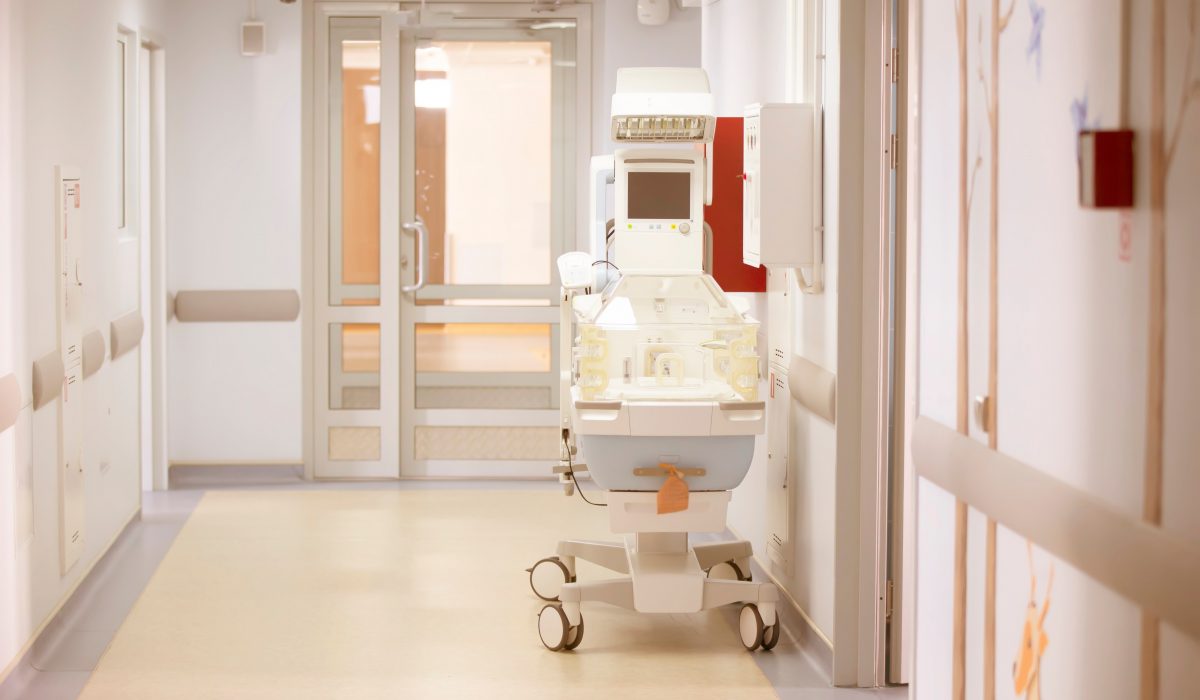On August 2, 2023, CMS presented the final rule which is expected to significantly impact certain hospitals’ DSH percentages. The final rule includes a change in eligibility for patients receiving benefits under a section 1115 demonstration. This final rule will impact hospital DSH payments as well as hospitals’ potential 340B eligibility. The Rule is pending formal publication on August 28th.
The Rule directly impacts the ability of hospitals to count 1115 waiver days within the Medicaid fraction of the DPP, unless it meets certain criteria, which will directly affect providers in certain states such as Florida, Texas, Kansas, New Mexico, Tennessee, and Massachusetts. This Rule arguably contrasts with the recent Bethesda Health Inc v. Azar (DC Circuit 2020) case that held 1115 waivers days were able to be counted.
Following the Bethesda case, hospitals have been able to include uncompensated / undercompensated care days and premium assistance days within the Disproportionate Patient Percentage (“DPP”) Medicaid fraction numerator. However, as of October 1st of this year, in order for days associated with section 1115 demonstrations to be counted in the DPP Medicaid fraction numerator, the statute requires those days to be of patients who can be “regarded as” eligible for Medicaid. For purposes of the Medicare DSH calculation, CMS clarified its definition of “regarded as eligible for medical assistance under a State plan approved under title XIX”, which states patients must:
- Receive health insurance authorized by a section 1115 demonstration or
- Buy health insurance with premium assistance provided to them under a section 1115 demonstration, where State expenditures to provide the health insurance or premium assistance is matched with funds from title XIX.
Further, only 1115 demonstrations that provide the following will be eligible to be included in the DSH calculation:
- Health insurance that covers inpatient hospital services; or
- Premium assistance that covers 100% of the premium cost to the patient, which the patient uses to buy health insurance that covered inpatient hospital services, provided in either case that the patient is not also a Medicare Part A.
Patients whose inpatient hospital costs are paid for with funds from an uncompensated / undercompensated care pool authorized by a section 1115 demonstration will therefore no longer be patients “regarded as” eligible for Medicaid.
As a result of this change, states that have not expanded their Medicaid program will be negatively impacted. This increase in calculable days has historically boosted their DSH percentages, resulting in higher DSH payments and improving the opportunity for qualifying for 340B eligibility. Advis recommends that covered entities make preliminary calculations to show the impact of this regulation change to the hospital’s current financial health and the integrity of the 340B program.
If you have any questions regarding how this change impacts your DSH percentage and your 340B program. Please contact Advis for assistance in navigating this change in CMS policy.
Published: August 8, 2023





